
Learn what potential challenges come with mHealth apps and how to overcome them to best fit patient needs.

Learn what potential challenges come with mHealth apps and how to overcome them to best fit patient needs.

How can these mHealth apps help in the treatment of depression?
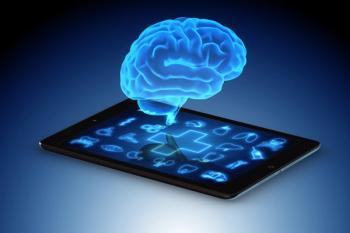
How can mHealth apps help overcome barriers to access to care?

Recent updates in suicide prevention interventions for older adults and how a novel tablet application may provide relief to individuals at high risk of suicide.
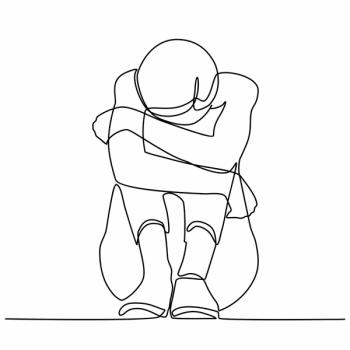
An estimated 7.7 million children have at least 1 mental health disorder. How can chatbots help?
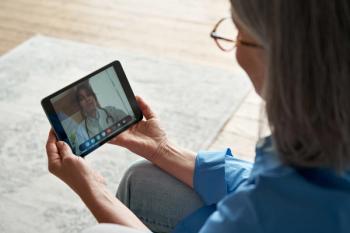
COVID-19 has prompted an unprecedented shift toward virtual psychiatric health care—but how do patients and providers really feel about it?

Here's why the next step in mental health treatment is digital.

68% of Americans reported their mental health could be improved.

What will psychiatric practice look like in the future?
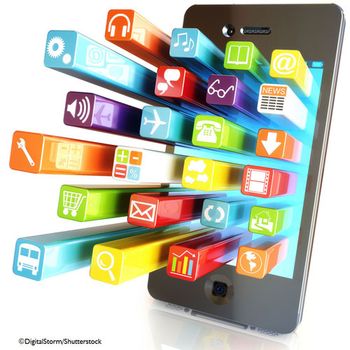
Patients’ reports of medication adherence are sometimes inaccurate, but digital tools offer opportunities to collect objective data.
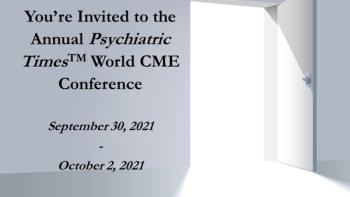
At the Annual Psychiatric Times World CME Conference, an all-star lineup of presenters will share their latest research. Check out this preview of the full agenda.

A new digital therapeutic helps patients with psychosis to slow down and manage their fears.

Key questions to consider when evaluating a digital therapeutic for anxiety.

What will psychiatric practice look like in the year 2030?

What are the greatest unmet mental health needs in the United States today? Recent statistics from the Centers for Disease Control may hold the answers.
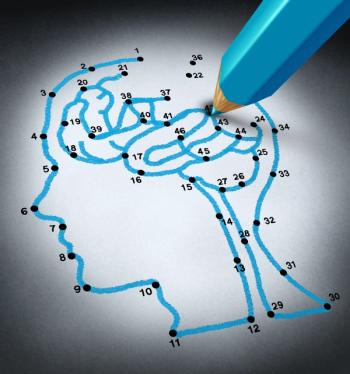
Why are mental health digital therapeutics primarily based on CBT?

Kids will find the screens. Health care providers should join them in order to supply the most helpful digital treatments.

Collaborative care guides care across disciplines, including psychology, psychiatry, and primary care. The goal is to change practice, build community, and identify health professionals needing the most assistance.

The last year has seen an unprecedented shift in the medical landscape, and mental health care is no exception. Experts look at the evidence and risks of digital tools, apps, telehealth, and other technologies for the treatment of serious mental illness.

A recent study tested a new digital therapeutic for effectiveness on both substance abuse and depression.

The first study to gather unsolicited patient responses via social media finds 3 negative themes.

Still in its infancy, the field of technology in psychiatry is rapidly growing and holding much promise in diagnosis, symptom tracking, behaviorial reinforcement, and a host of other useful tools.
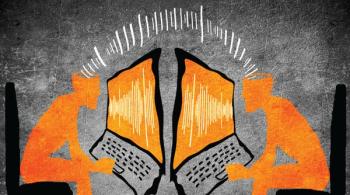
Against a sea change in real-world practice of technology in psychiatry, John Torous, MD, MBI, shares what clinicians can expect next.

What is Zoom fatigue and is there a biopsychosocial explanation for this COVID-inspired phenomenon? The answer might surprise—and comfort—you.
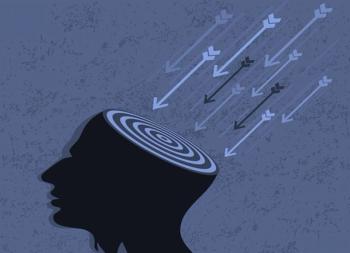
Sometimes, the book is better than the movie; sometimes vice versa. But there is a lot we don't know as to why in-person therapy works for some and why digital works for others. In this video, experts discuss the evidence.